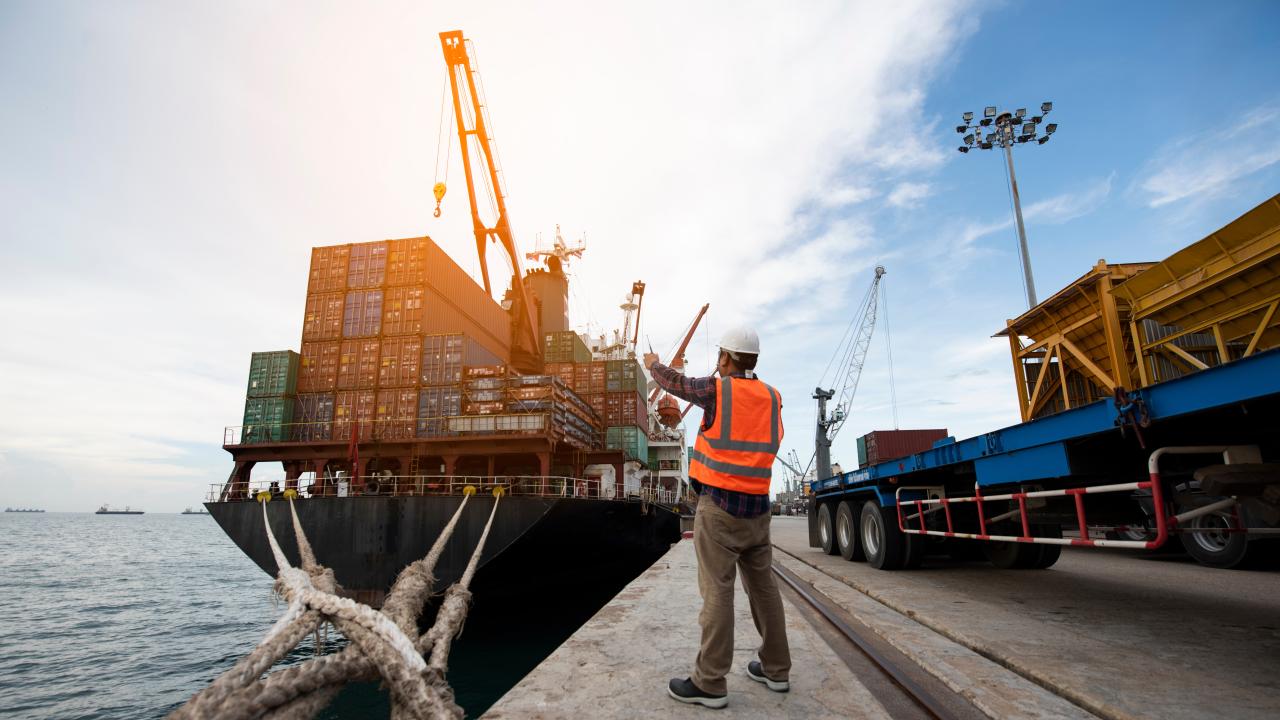Red Sea crisis: Suez Canal is not the only ‘choke point’ that threatens to disrupt global supply chains

In an article for The Conversation, Sarah Schiffling from Hanken collaborates with Matthew Tickle from the University of Liverpool to discuss how the Suez Canal is not the sole 'choke point' posing a threat to global supply chains.
Less than 30 ships have been attacked by Houthis since they seized the Israeli-linked Galaxy Leader vessel in November. It’s a relatively small number, compared to the thousands of ships that have passed through the area since.
Unlike the 2021 Suez Canal blockage, traffic is still moving along the shortcut between Asia and Europe. While it adds one to two weeks of travel time and around US$1 million (£786,000) in cost, ships can also go around Africa.
In response, container prices have increased sharply, but are not at the levels reached at the height of the COVID-19 pandemic. Even if the path through the Red Sea to the Suez Canal becomes unusable, this is hardly unprecedented. The Suez Canal was closed due to war from 1967 to 1975.
But the reasons for the strikes carried out to protect global trade are likely to lie deeper than this. Global supply chains have become a lot more important for everyday life since the 1970s, so the impact of disruptions in the Red Sea is now much bigger. Also, crucially, Bab el-Mandeb is only one of several maritime choke points that are vital for world trade.
Read the whole article:
Red Sea crisis: Suez Canal is not the only ‘choke point’ that threatens to disrupt global supply chains (The Conversation)
The article is written by Sarah Schiffling, deputy director of Hanken’s HUMLOG Institute and Matthew Tickle, lecturer in operations management operations and supply chain management at the University of Liverpool.

